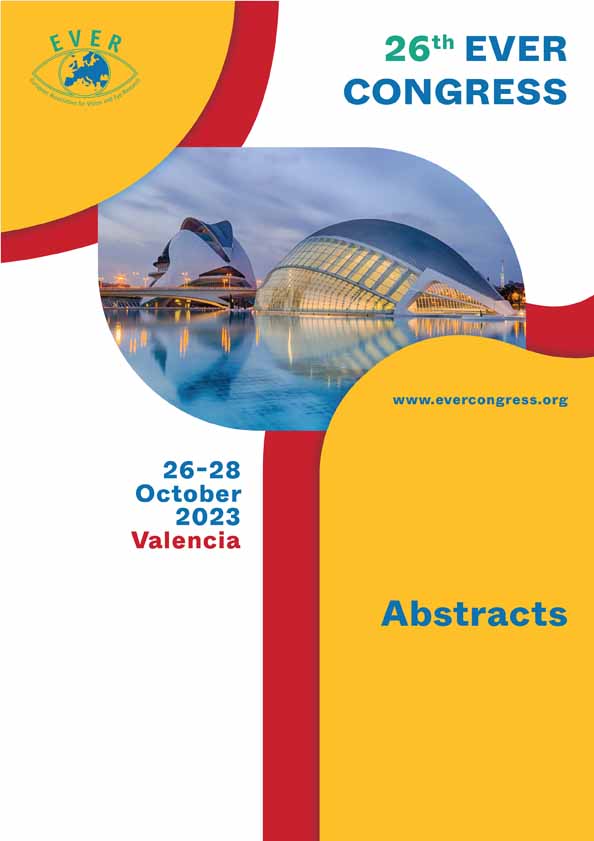Intravitreal application of stem cells and their products does not ameliorate experimental autoimmune uveitis
Abstract
Aims/Purpose: Stem cell therapy has demonstrated potential therapeutic benefits in various medical disciplines. This study evaluated therapeutic effects of mesenchymal stem cells (MSCs) or their by-products on intraocular inflammation in experimental autoimmune uveitis (EAU) model.
Methods: EAU was induced in C57BL/6J mouse strain through administration of IRBP, Freund's adjuvant and pertussis toxin. Conditioned medium was procured through cultivation of MSCs in serum-free medium, while MSC supernatant was obtained via MSC centrifugation and membrane removal. Either conditioned medium or MSC supernatant was intravitreally administered unilaterally, typically on day 14 post-EAU induction. Ocular fundus of mice was documented regularly. Experiments were generally concluded on day 28, with eyes processed for FACS and PCR analysis. Infiltration of retina by inflammatory cells (F4/80, CD11c, CD45, CD80, CD86, CD206) and gene expression of pro-inflammatory factors (Gfap, Iba-1, IL-1, iNOS) were quantified.
Results: Across all experiments, clinical grading, FACS, and PCR analysis indicated exacerbation of intraocular inflammation. Post-intravitreal administration of MSC by-products into eyes with EAU, increased infiltration of retina by inflammatory cells and upregulation in gene expression of pro-inflammatory factors were observed. These findings were corroborated in vitro, where co-culturing of retina with EAU in presence of MSCs or their supernatant did not significantly reduce gene expression of pro-inflammatory factors. Upsurge in pro-inflammatory factors was also noted in control experiments on healthy eyes post-intravitreal injection of no substance, serum-free medium, PBS, or conditioned medium.
Conclusions: No improvement in EAU was observed following application of MSC products, both in vivo and in vitro. Instead, inflammation was more severe. Trauma induced by intravitreal application itself significantly influenced outcome.
Financial support: GA UK 309621, SVV UK 260631.




